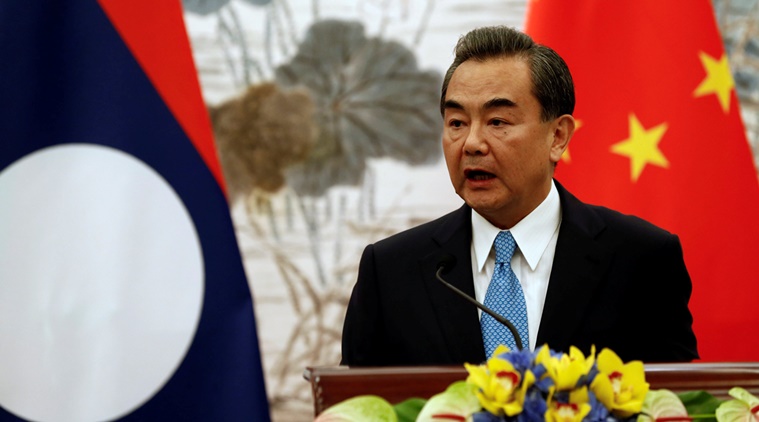Chinese foreign minister Wang Yi visited New Delhi to meet both Prime Minister Nerenda Modi and the Union Minister of External Affairs, Sushma Swaraj,on a three-day trip to discuss key bilateral issues. The meeting has evoked some concern within the Tibetan community with the Tibetan Express speculating that a deal for India’s doors to be closed to Tibetan refugees has already been struck between the two nations.
Whilst the absolute outcome of the meeting, which took place from August 12, is unclear, the Chinese state run news agency Xinhua stated “what should be noted above all else is that India has wrongly blamed China for blocking its entry into the NSG (Nuclear Suppliers Group)”. Xinhua has apparently crutinised the Indian press for evidence of “stirring up” negativity towards China. However, China say after the meeting that the door is “not tightly” shut on matters regarding the NSG, which has been reported as demonstrating China’s desire for India’s cooperation on other issues, namely the South China Sea controversy and the impending G20 summit. Other controversial matters such as India’s bid to put Masood Azhar on the United Nations security council blacklist may have been avoided, and Xinhua’s official statement claimed that “individual problems [will be] eventually be solved through strengthening of mutual trust and reduction of unnecessary misunderstandings.”
China warned the Indian press that they should be wary of providing the West with the opportunity to drive a “wedge” between the two economies. Despite this, the narrative provided by the Chinese suggested that India and China’s relationship was generally one of growing strength. And in India, the external affairs ministry spokesperson, Vikas Swarup, coined it as a “morning for neighbourly engagement” on Twitter.





 Print
Print Email
Email